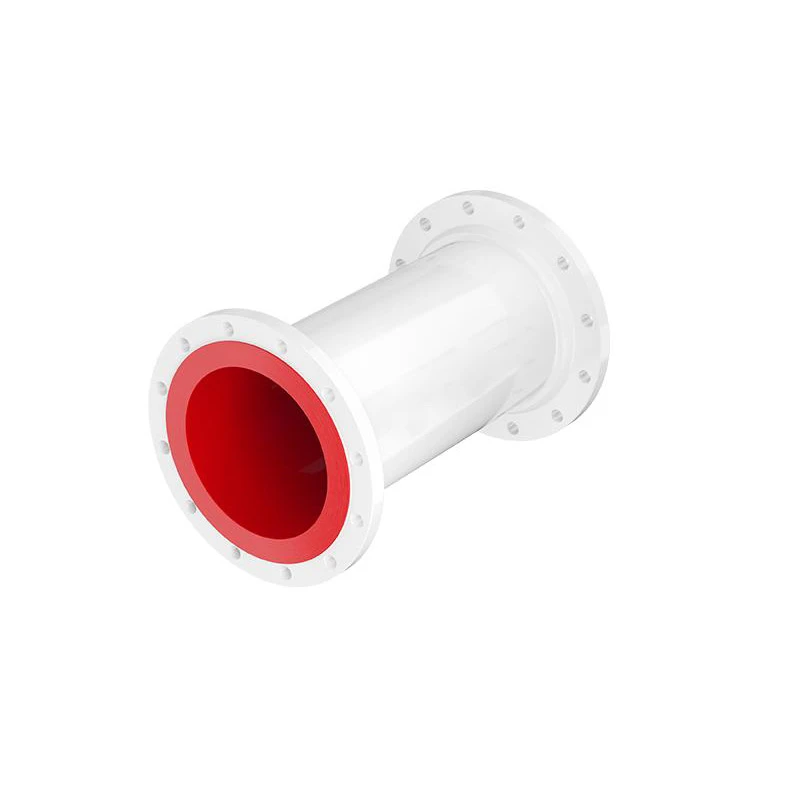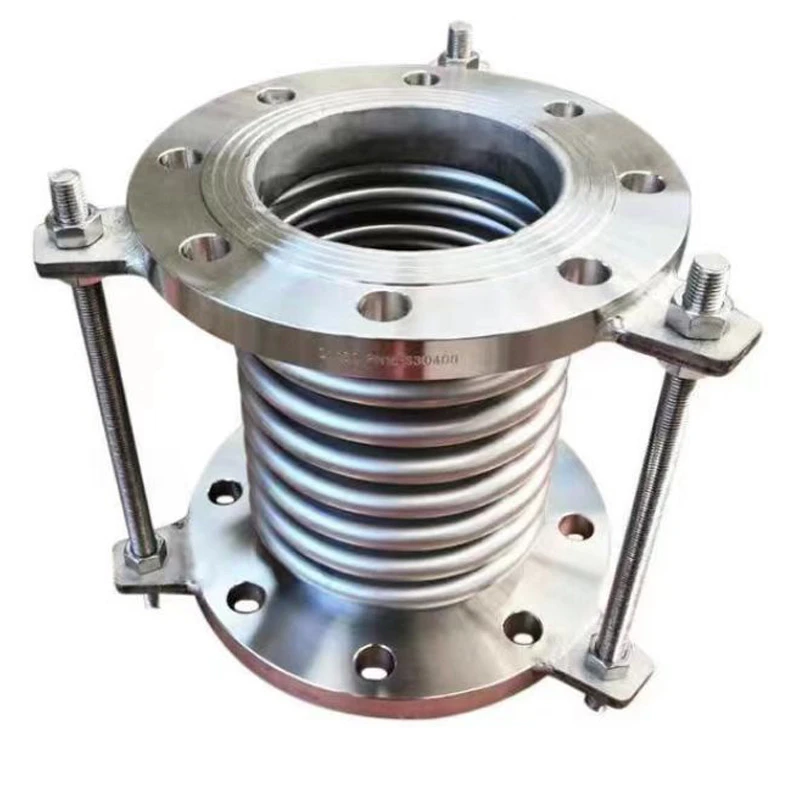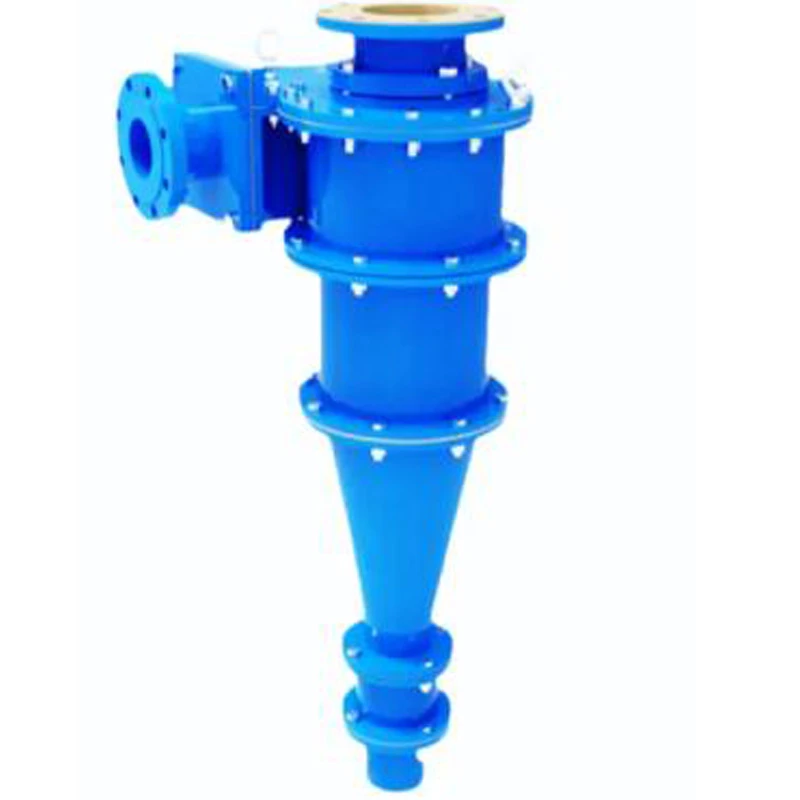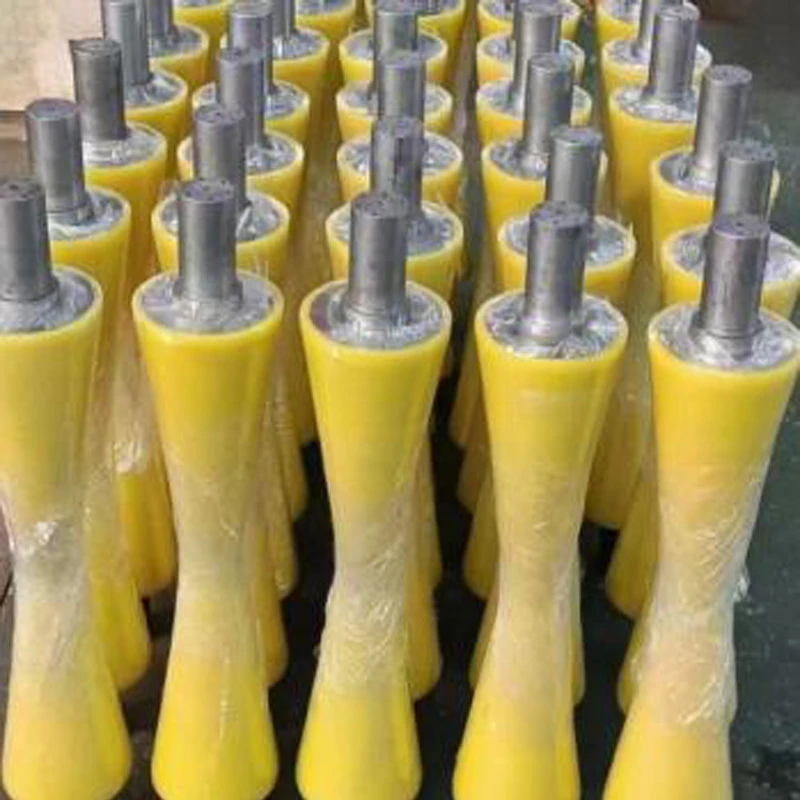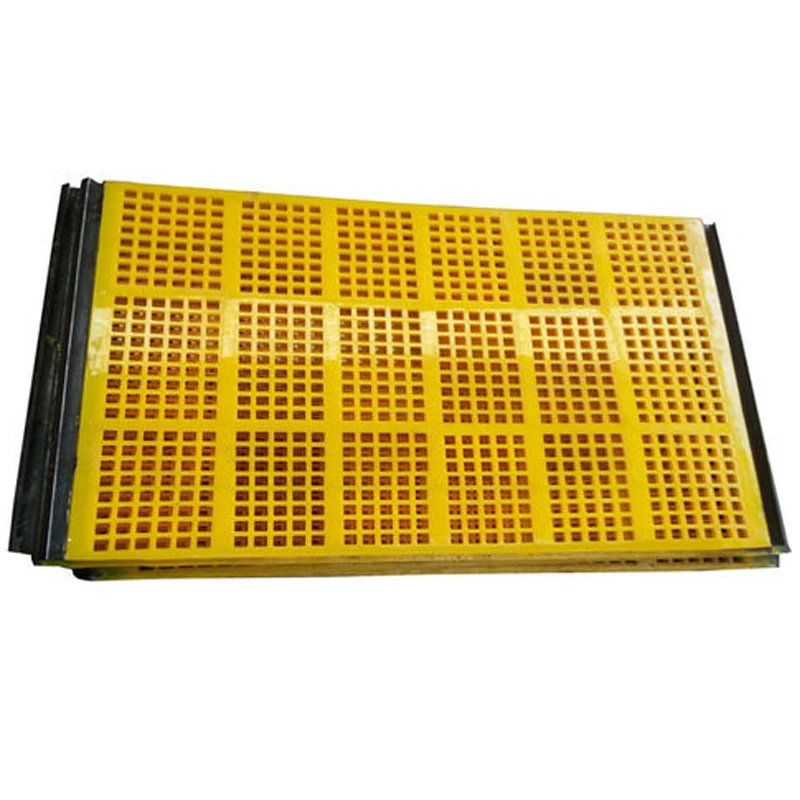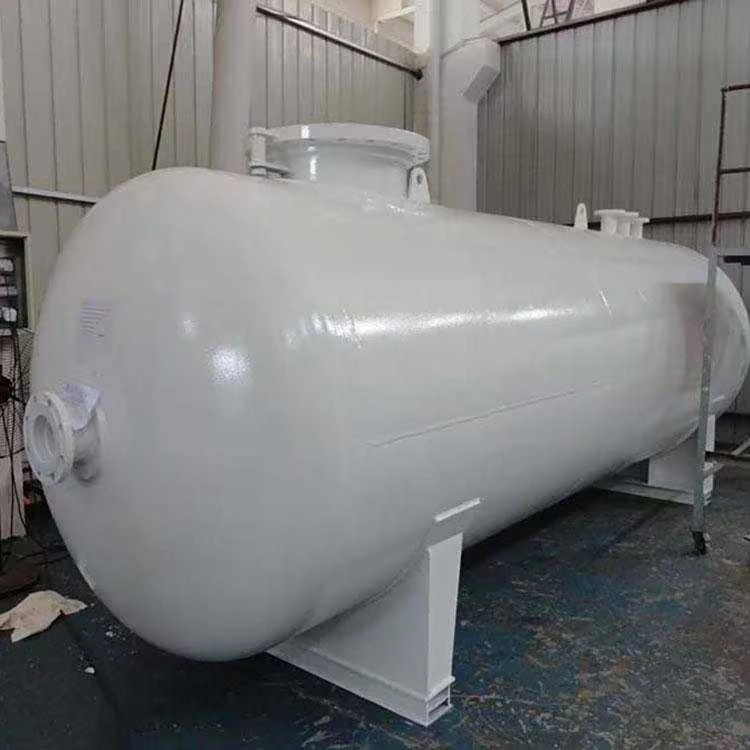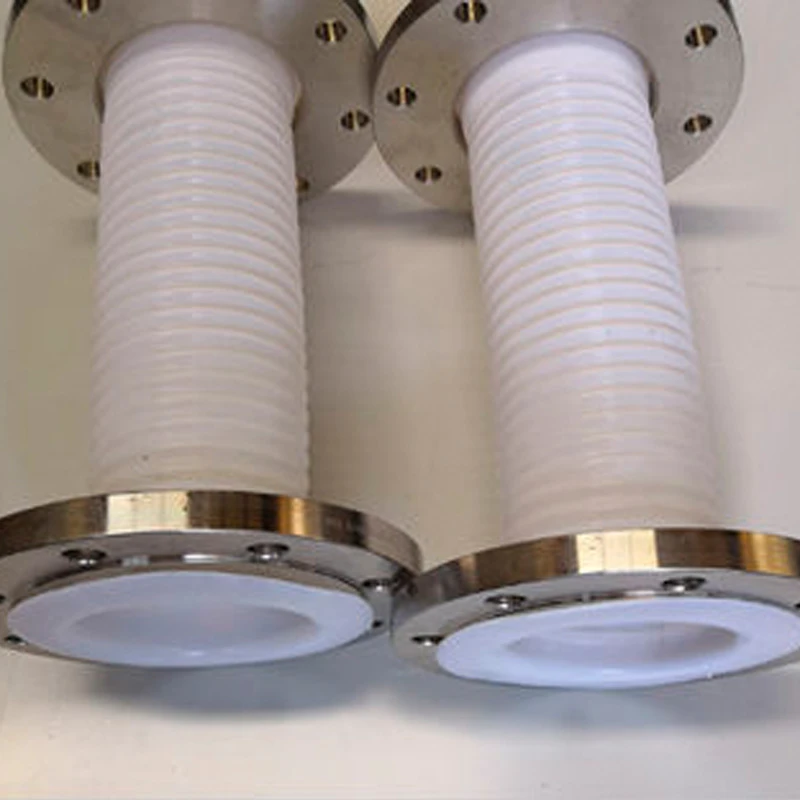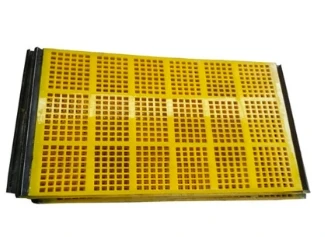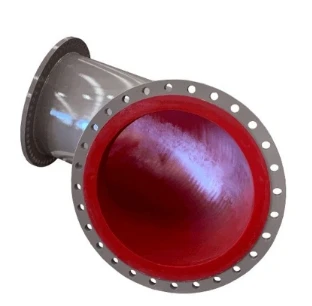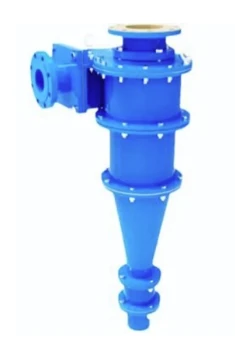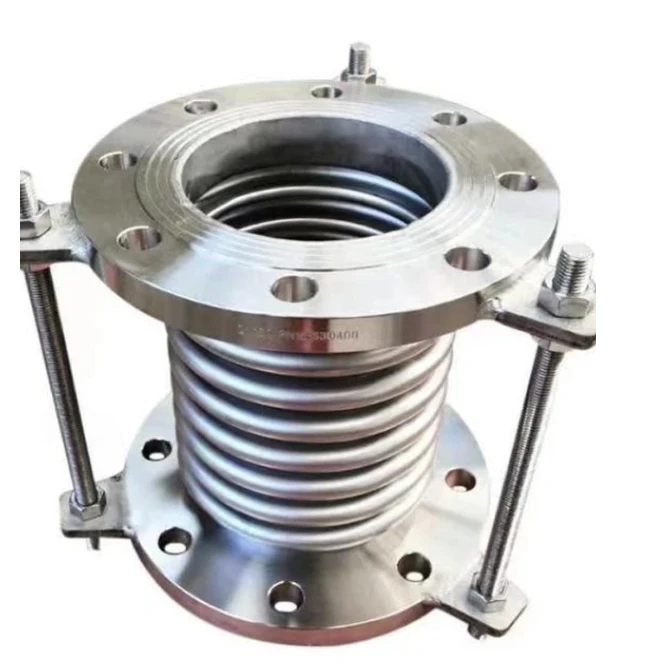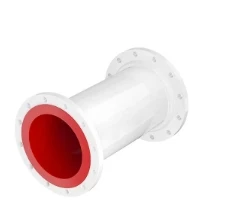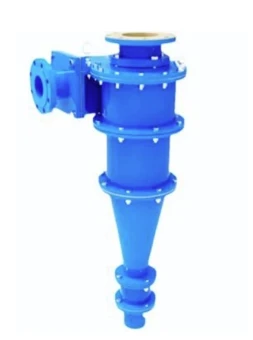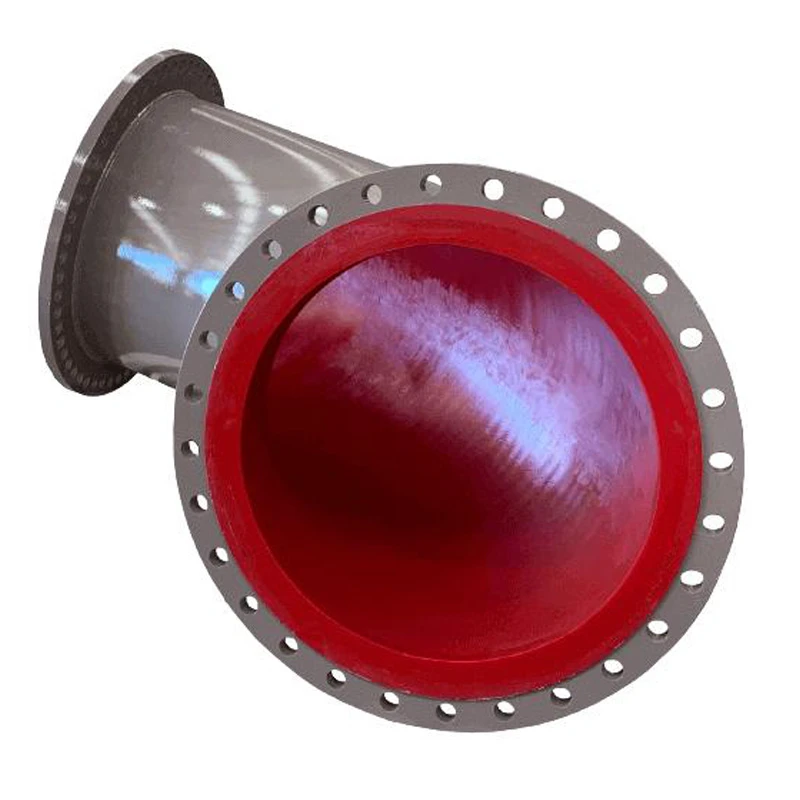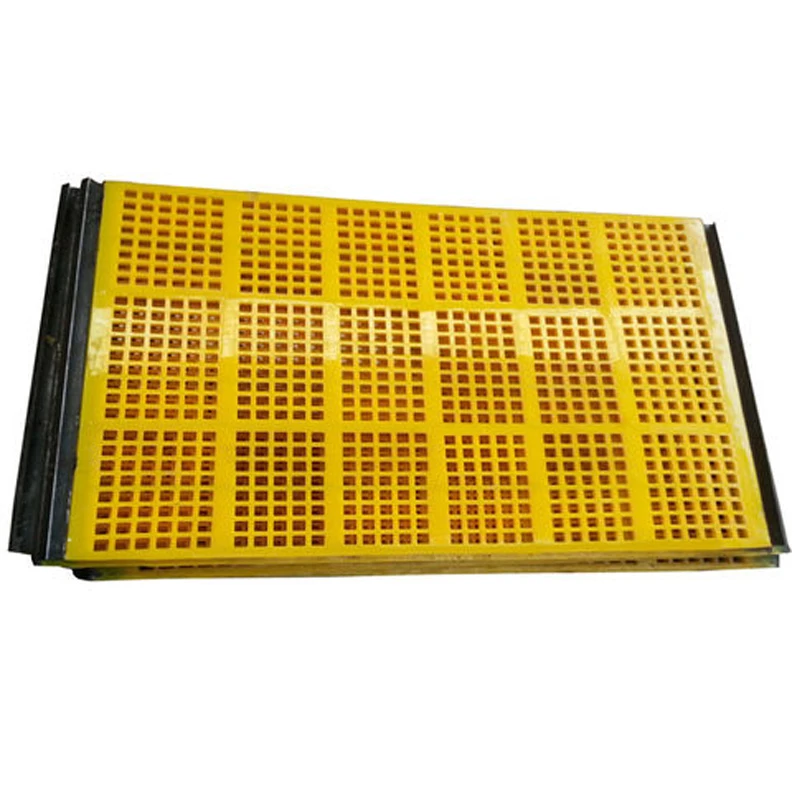Gas Cooktop Flexible Hose - Heavy-Duty, Leak-Proof Flexible Gas Tubing Solution
- Critical Role of Flexible Gas Hoses in Modern Kitchens
- Technical Specifications and Material Innovation
- Performance Comparison: Top 5 Manufacturers
- Customized Solutions for Different Installation Scenarios
- Real-World Applications: Residential vs Commercial Use
- Maintenance Protocols and Safety Standards
- Why Proper Hose Selection Impacts Long-Term Safety
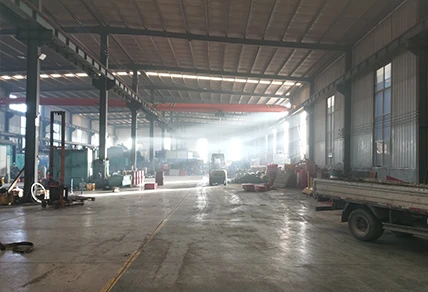
(gas cooktop flexible hose)
Critical Role of Gas Cooktop Flexible Hose in Modern Kitchens
Contemporary kitchen designs demand components that combine safety with adaptability. The gas cooktop flexible hose
serves as the critical juncture between fixed gas lines and cooking appliances, with 78% of professional installers prioritizing flexibility and pressure resistance during selection. Modern hoses now withstand 350-400 PSI burst pressure, exceeding standard gas system requirements by 150%.
Technical Specifications and Material Innovation
Premium flexible gas tubing integrates three-layer construction:
- Inner core: Stainless steel braiding (Grade 304/316)
- Mid-layer: PTFE anti-corrosion coating
- Outer jacket: UV-resistant polymer blend
This architecture enables 135°F to 400°F operational range with 0.0015% gas permeability - 12x lower than rubber alternatives.
Performance Comparison: Top 5 Manufacturers
| Brand | Pressure Rating | Material | Temp Range | Certifications | Price |
|---|---|---|---|---|---|
| GasFlex Pro | 500 PSI | 304SS/PTFE | -40°F~500°F | CSA, ANSI | $49.99 |
| FlexiTube Ultra | 450 PSI | 316SS/Nitrile | 32°F~450°F | UL | $37.50 |
| SafeFlow Master | 550 PSI | Composite Alloy | -20°F~600°F | CSA, ISO | $68.00 |
| ProConnect X | 480 PSI | Polymer/SS | 50°F~400°F | ANSI | $42.99 |
| UltraSecure Pipe | 600 PSI | Dual-layer SS | -65°F~650°F | UL, CSA | $74.95 |
Customized Solutions for Different Installation Scenarios
Specialized configurations address:
- High-rise apartments: Anti-vibration models reduce stress from building movement
- Outdoor kitchens: Weatherproof sleeves prevent UV degradation
- Commercial setups: 1" diameter options handle 200,000 BTU/hr flow rates
Real-World Applications: Residential vs Commercial Use
Case Study 1: Toronto condo retrofit required 23° angled connectors for space-constrained installation. Custom 36" flex hose with swivel ends reduced labor time by 40% compared to rigid piping.
Case Study 2: Restaurant chain standardized on 3/4" corrugated stainless tubing, decreasing gas leak incidents from 12% to 0.3% annually across 85 locations.
Maintenance Protocols and Safety Standards
NFPA 54 mandates:
Flexible connectors shall be inspected annually for abrasions, kinks, or corrosion. Replacement required every 10 years regardless of visible wear.
Advanced models now incorporate wear indicators that change color when material integrity drops below 85%.
Why Proper Gas Cooktop Flexible Hose Selection Impacts Long-Term Safety
Industry data reveals 62% of gas-related incidents originate from connector failures. Premium flexible gas tubing reduces this risk through:
- Electro-polished interiors minimizing particulate accumulation
- Double-locking flare nuts maintaining seal integrity
- Armored sheathing resisting rodent damage
Third-party testing shows certified hoses maintain 99.97% leak-free performance over 15-year lifespans when properly installed.
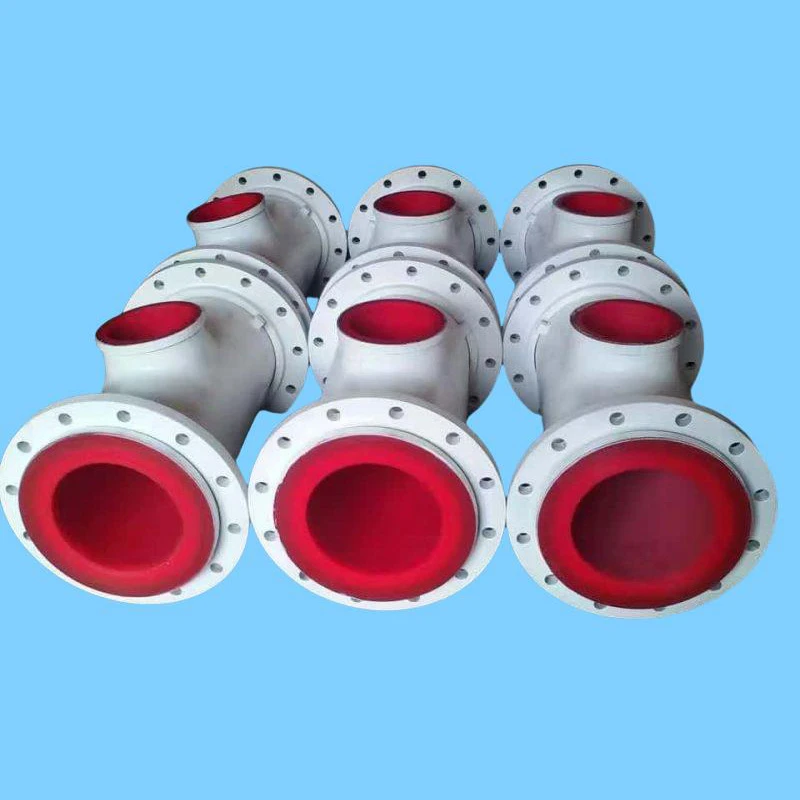
(gas cooktop flexible hose)
FAQS on gas cooktop flexible hose
Q: What is a gas cooktop flexible hose used for?
A: A gas cooktop flexible hose connects the gas supply line to your cooktop, allowing safe and flexible gas delivery. It is designed to withstand gas pressure and prevent leaks when installed correctly.
Q: How do I install a flexible gas hose for a cooktop?
A: Turn off the gas supply, ensure the hose matches your cooktop’s inlet size (e.g., 3/4"), and secure it with a wrench. Always use thread-seal tape or compound for airtight connections, and consult a professional if unsure.
Q: How often should I replace my gas flex tubing pipe?
A: Replace flexible gas hoses every 3-5 years or if you notice cracks, wear, or corrosion. Regular inspections for damage or leaks are critical for safety.
Q: Can I use any 3/4" gas tubing pipe for my cooktop?
A: Only use hoses certified for gas appliances (e.g., CSA/CSST-approved). Ensure the diameter (3/4") matches your cooktop’s requirements and local gas codes.
Q: Are flexible gas hoses compatible with all cooktops?
A: Most flexible hoses work with standard gas cooktops, but verify compatibility with your fuel type (natural gas or propane) and inlet size. Check the manufacturer’s guidelines for specifics.
Related Products
Our main products are polyurethane lined pipes, mining equipment fittings and metal hoses.




